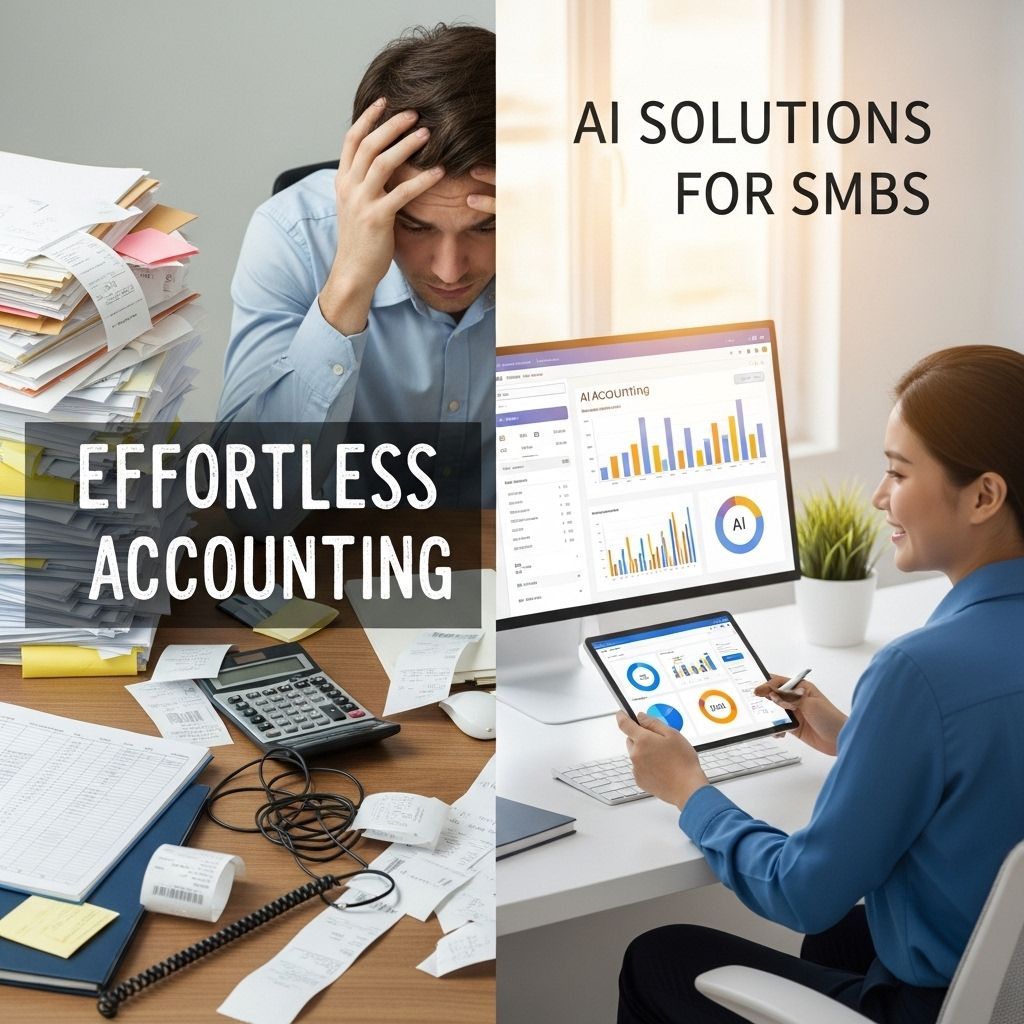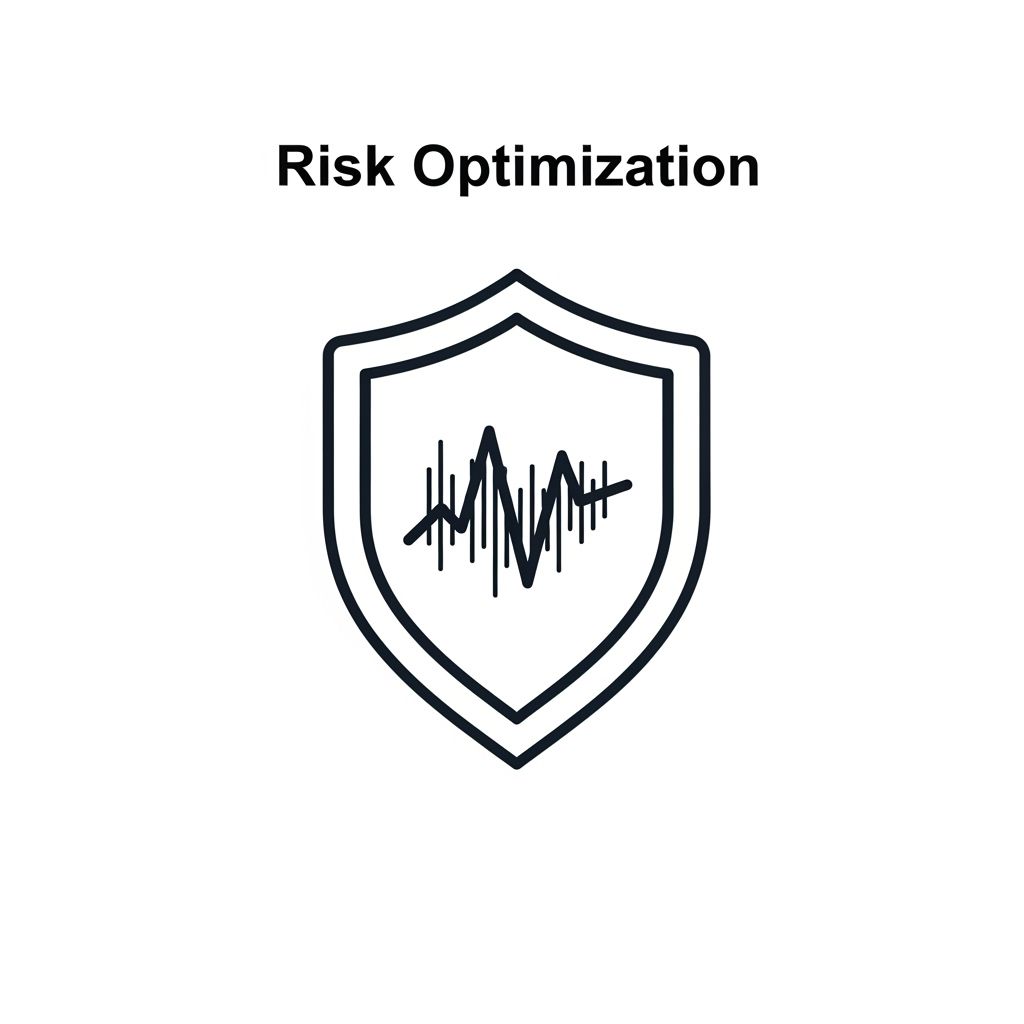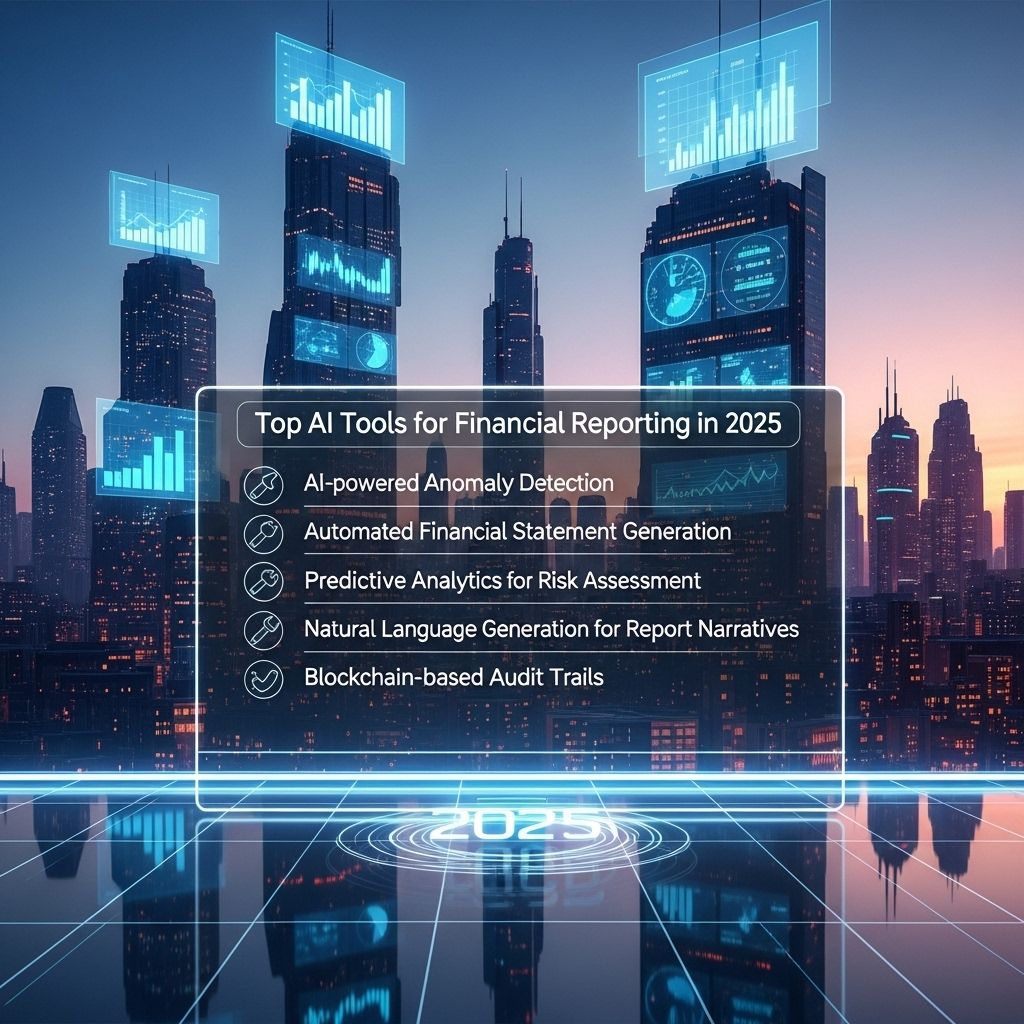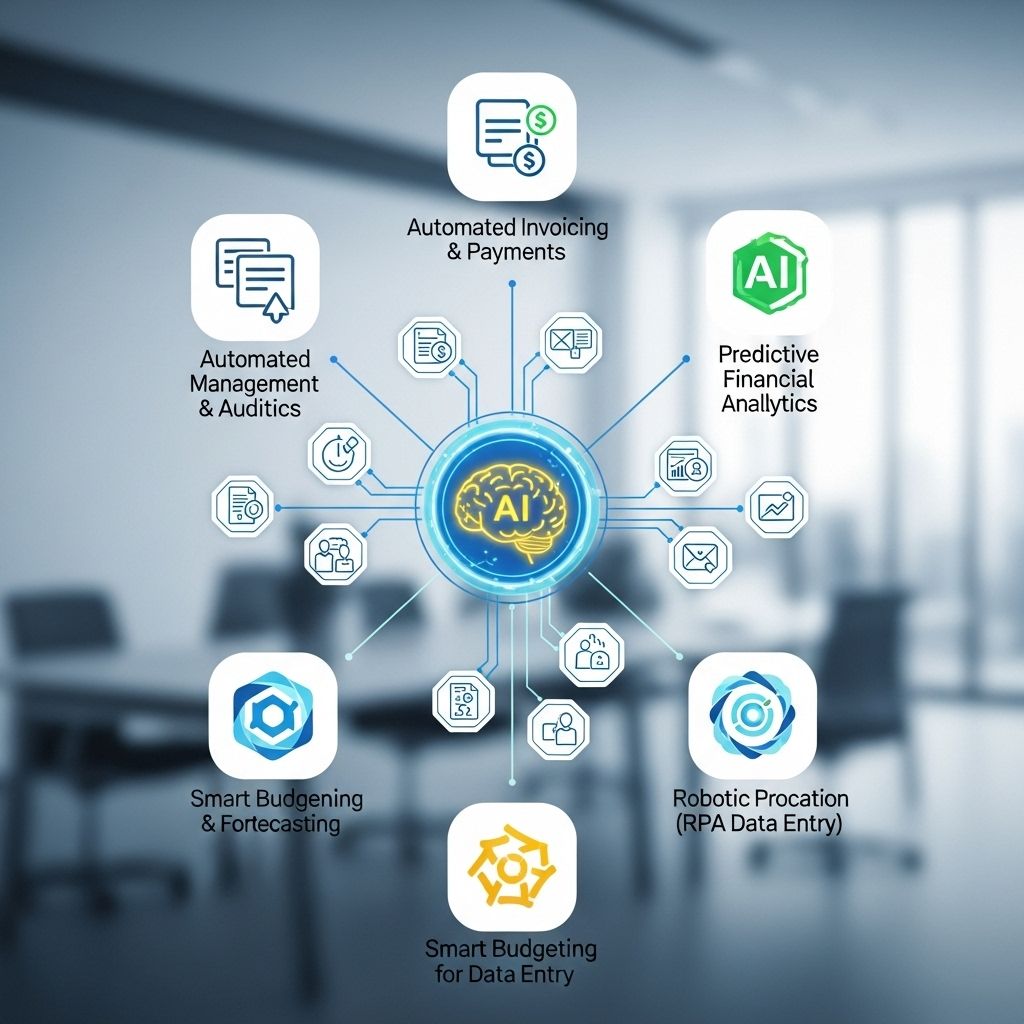Boost Your Audit Efficiency with AI Tools
Discover how AI tools can enhance your audit processes, improving efficiency and accuracy in your financial evaluations.
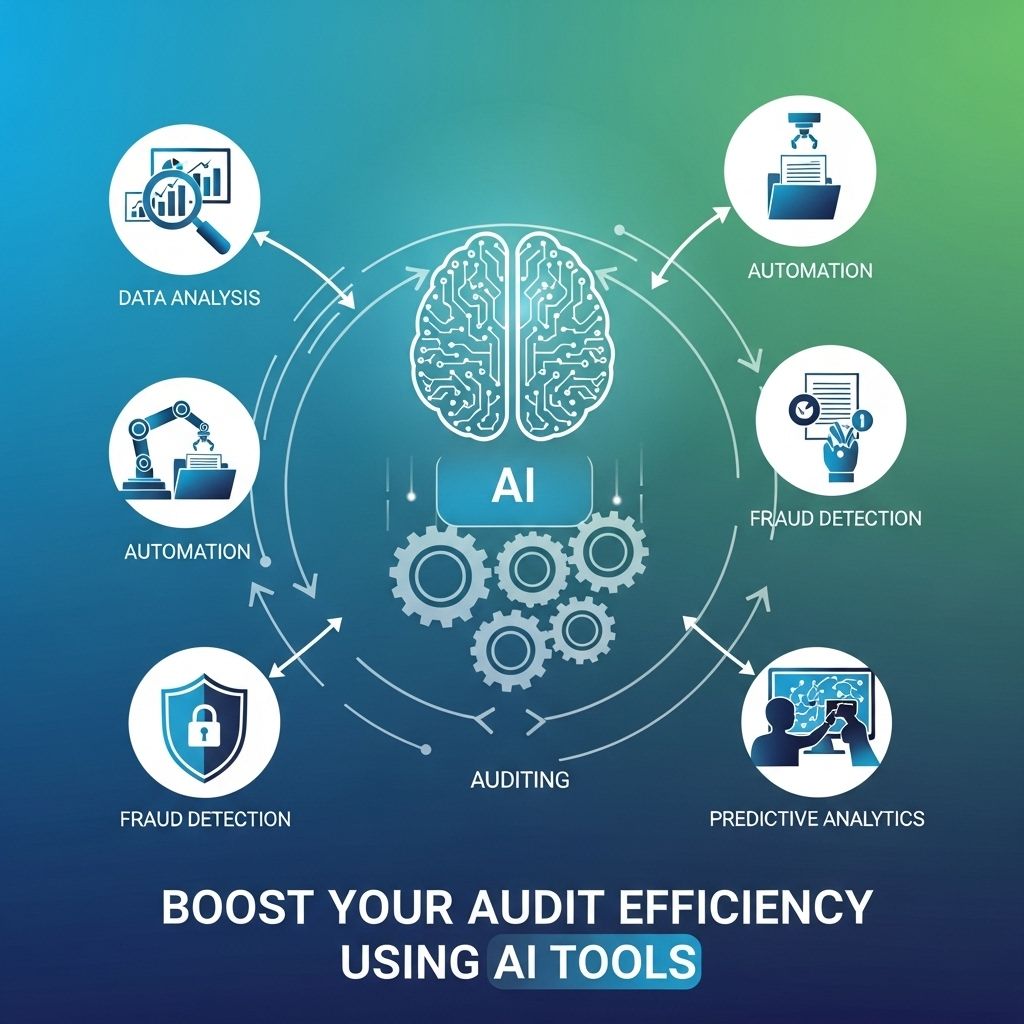
In the rapidly evolving landscape of technology, artificial intelligence (AI) has emerged as a game-changer across numerous industries. One area where AI is making significant strides is in audit processes. By automating repetitive tasks and providing deeper analytical insights, AI tools are transforming how audits are conducted, making them more efficient and effective.
Table of Contents
Understanding AI in Auditing
AI refers to the simulation of human intelligence in machines programmed to think and learn like humans. In the context of auditing, AI tools can analyze vast amounts of data, identify patterns, and provide actionable insights that enhance decision-making. The integration of AI into auditing processes not only streamlines tasks but also reduces the margin of error significantly.
Benefits of Using AI Tools in Auditing
- Enhanced Data Analysis: AI can process and analyze data at a speed and accuracy that humans cannot match. This capability allows auditors to focus on more strategic tasks.
- Risk Assessment: AI tools can identify high-risk areas by analyzing historical data, thus enabling auditors to prioritize their focus.
- Cost Efficiency: Automating mundane tasks allows firms to allocate resources more effectively, reducing overall audit costs.
- Improved Compliance: AI can constantly monitor changes in regulations and ensure that the auditing process remains compliant with these rules.
- Increased Fraud Detection: AI algorithms can detect anomalies in financial data that may suggest fraudulent activities.
Types of AI Tools for Auditing
Various AI tools are available that cater specifically to the needs of auditors. Understanding the types of tools available can help firms choose the right solutions for their auditing processes.
1. Data Analytics Software
These tools provide capabilities to analyze large datasets efficiently. Popular examples include:
| Tool Name | Key Features |
|---|---|
| Tableau | Visual analytics, real-time data processing |
| Power BI | Custom dashboards, integration with Microsoft tools |
| SAS Analytics | Advanced analytics, predictive modeling |
2. Machine Learning Platforms
Machine learning platforms can be used to predict outcomes based on historical data. Some notable platforms include:
- TensorFlow
- IBM Watson
- Microsoft Azure Machine Learning
3. Natural Language Processing (NLP) Tools
NLP technologies can assist auditors by analyzing qualitative data such as contracts and emails. Examples include:
- Google Cloud Natural Language
- Amazon Comprehend
- IBM Watson Natural Language Understanding
The Implementation Process
Integrating AI tools into existing audit workflows requires a strategic approach. Here’s a step-by-step guide for successful implementation:
- Identify Objectives: Clearly define what you aim to achieve by integrating AI into your audit process.
- Assess Current Processes: Analyze your existing audit processes to determine areas where AI can add value.
- Choose the Right Tools: Select AI tools that align with your audit objectives and can integrate smoothly with your existing systems.
- Training and Development: Provide training to your audit team to ensure they are equipped to use AI tools effectively.
- Monitor and Evaluate: Continuously assess the performance of AI tools and make necessary adjustments to improve efficiency.
Challenges in Adopting AI Tools
While the benefits of AI in auditing are profound, there are challenges that firms may face during adoption:
1. Data Security and Privacy
Handling sensitive financial data requires robust security measures to prevent breaches. Firms need to ensure that the AI tools they use comply with data protection regulations.
2. Resistance to Change
Employees may be resistant to adopting new technologies. It is crucial to communicate the benefits of AI and provide adequate training for a smooth transition.
3. High Initial Investment
The initial costs of implementing AI tools can be high. However, firms should consider the long-term savings and efficiencies that these tools can provide.
Case Studies of Successful AI Integration
Examining real-world examples can provide insights into how AI tools can enhance audit efficiency:
1. Deloitte’s Use of AI
Deloitte has integrated AI tools into its audit practices, allowing for real-time data analysis and quicker reporting. This integration has resulted in significant time savings and improved accuracy.
2. KPMG’s Audit Innovations
KPMG employs machine learning algorithms to predict potential risks in financial statements, leading to a more focused audit approach and enhanced risk management.
Future Trends in AI and Auditing
The future holds exciting possibilities for the intersection of AI and auditing. Emerging trends include:
- Increased Automation: More tasks will be automated, allowing auditors to focus on strategic analysis.
- AI-Driven Decision Making: Auditors may rely heavily on AI for decision-making processes, reducing subjectivity.
- Integration with Blockchain: The combination of AI and blockchain technology could revolutionize audit trails, enhancing transparency and trust.
Conclusion
AI tools are set to redefine the auditing landscape, making processes more efficient and reliable. As firms increasingly recognize the value of AI, the future of auditing will be characterized by enhanced decision-making, reduced costs, and improved compliance. Embracing these technologies today will position firms for success in the audit processes of tomorrow.
FAQ
What are AI tools for audit efficiency?
AI tools for audit efficiency are software solutions that leverage artificial intelligence to streamline and automate various auditing processes, improving accuracy and reducing time spent on manual tasks.
How can AI improve audit accuracy?
AI can improve audit accuracy by analyzing large volumes of data quickly and identifying patterns or anomalies that may be missed by human auditors, thus enhancing the quality of audit findings.
What features should I look for in AI audit tools?
Key features to look for include data analytics capabilities, automated reporting, anomaly detection, integration with existing systems, and user-friendly interfaces to ensure ease of use.
Are AI audit tools suitable for small businesses?
Yes, many AI audit tools are designed to be scalable and can benefit small businesses by automating tedious tasks, allowing them to focus on strategic decision-making without significant resource investment.
What industries benefit most from AI in auditing?
Industries such as finance, healthcare, manufacturing, and retail benefit significantly from AI in auditing due to their complex regulatory requirements and large data sets that need to be analyzed.
How do I implement AI tools in my auditing process?
To implement AI tools in your auditing process, start by assessing your needs, selecting the right software, training your staff, and gradually integrating AI into your existing workflows for a smoother transition.

